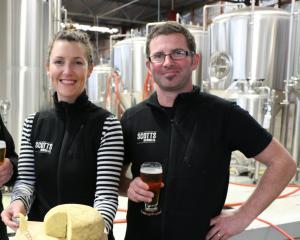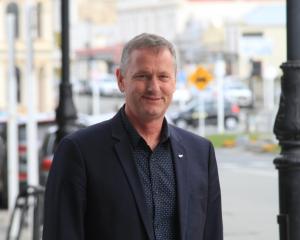
Last weekend, Ms Fletcher ran six seminars in Oamaru for research she is conducting on whether an interactive computer software programme developed by Otago University could improve community input into major projects.
The outcome would be easier decision-making by local authorities later on.
The research will form part of Ms Fletcher's thesis for her master's degree.
She has chosen Holcim (New Zealand) Ltd's plans for a cement plant at Weston as an example of a major project.
The computer software programme is called 1000Minds.
It breaks complex issues down into more simple ones by considering only two factors at a time.
An example might be trading off an increase in traffic for pollution reduction.
By making a series of trade-off decisions, the software builds a picture of the criteria people deem to be the most important.
At least 20 people have been involved with the research.
Last weekend's seminars identified that people had differing concerns about the effects of the cement plant, depending on where they lived.
Those close to the plant were worried about heavy traffic and noise.
Those further away were worried about economic effects and access to services such as health and education, as more people would move to the area to work at the plant.
However, the widest concern was the plant's effect on air quality.
Ms Fletcher believes that 1000Minds could play an important part in formatting community input information.
Her research will now be compiled into her thesis, which should be complete towards the end of August.
Anyone who still wishes to take part in the research can contact Ms Fletcher by email on fleng-396@student.otago.ac.nz, by August 1.












